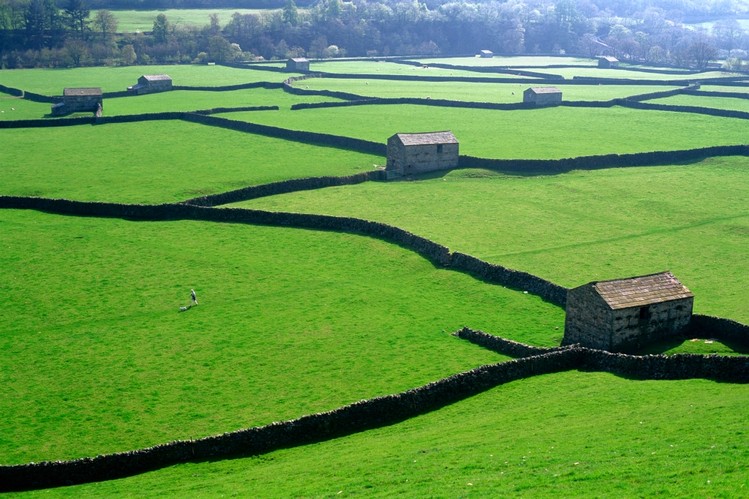Critics of contemporary copyright and patent laws as a propertization of ideas, see a second enclosure movement at work today. They see the extension of property rights over ideas, traditional cultures, scientific discoveries, as well current attempts at regulating content on the internet as encroachment on the commons of ideas. The push for longer-lasting rights and the extension of patents and copyrights into new areas is seen as a "land grab" by the powerful, to the detriment of cultural creativity and the contemporary "yeomanry" of independent web publishers. (such as this website).
The granting of patents on the human genome, for example, is indicative of an extension of intellectual property over areas previously thought to be the common heritage of mankind and uncommodifiable. Patents have been taken out on Yoga, on traditional herbal medicines, and away from the cultures that developed these public goods. Critics of this extension of property rights consider ideas and cultures as commons. Furthermore, they point out that ideas are non-rivalrous (as opposed to limited resources such as land). In a rivalrous resource, my use of it competes with yours. (a ham sandwich, for example) In a nonrivalrous resource, my use of it does not inhibit yours. (eg. the alphabet) This is the definition of a public good -- once it's there, everyone can use it) and a pure public good is also one that is non-excludable, that is, it is impossible to exclude any individuals from consuming the good.
Read More